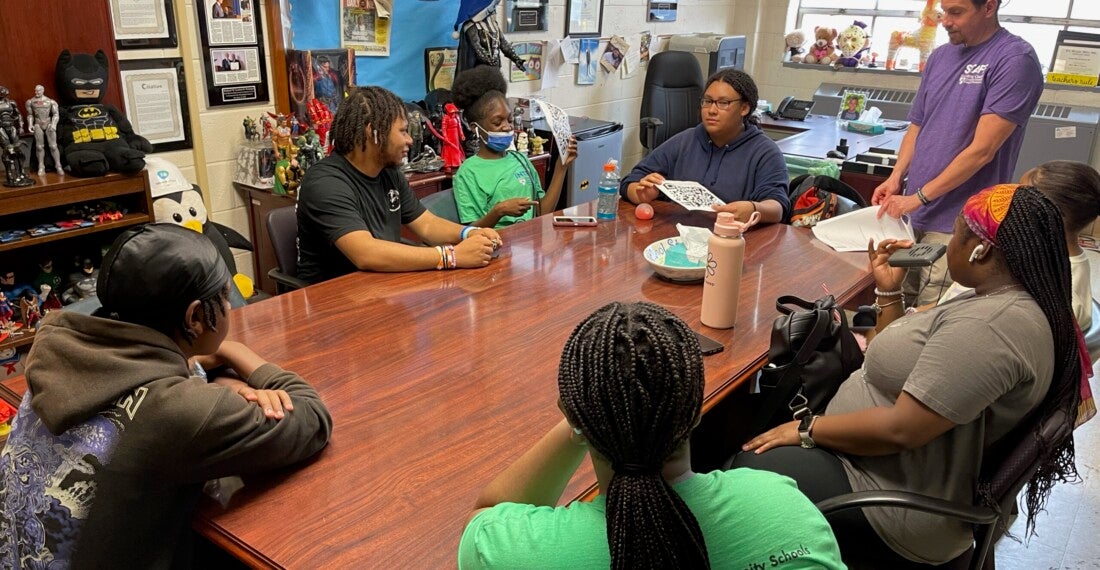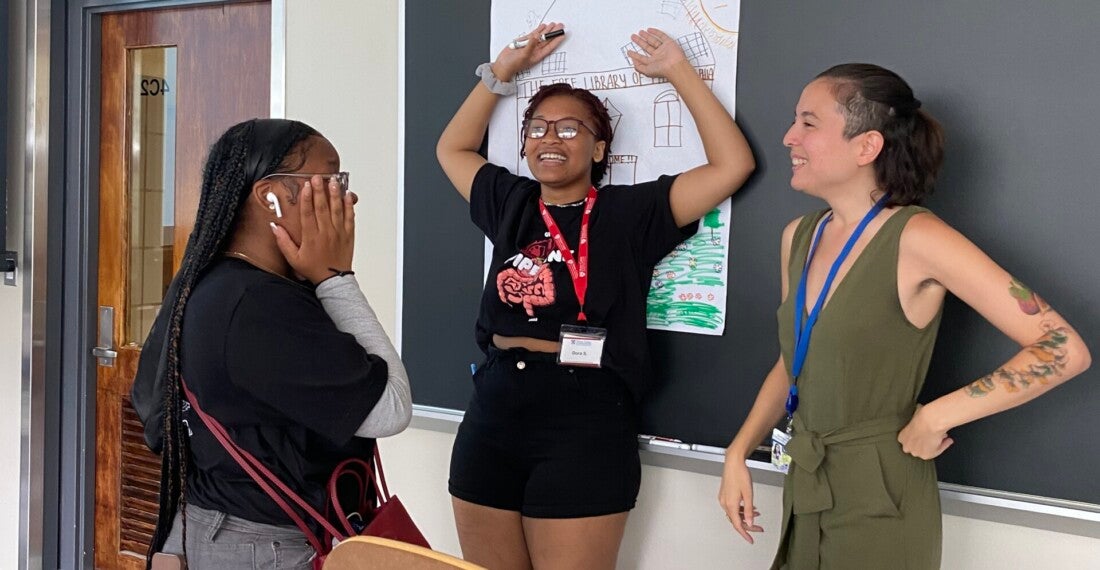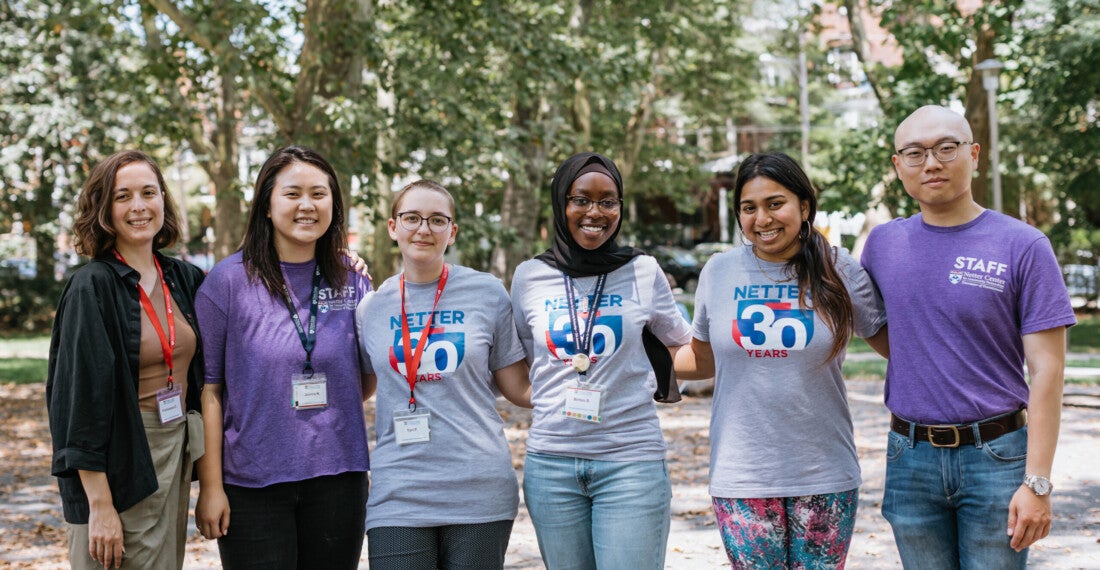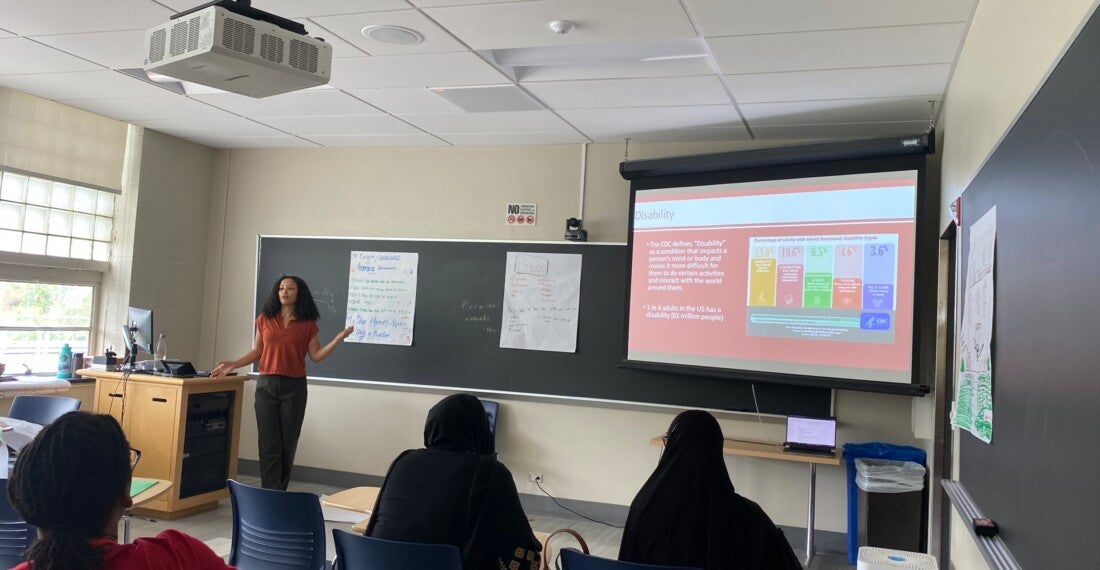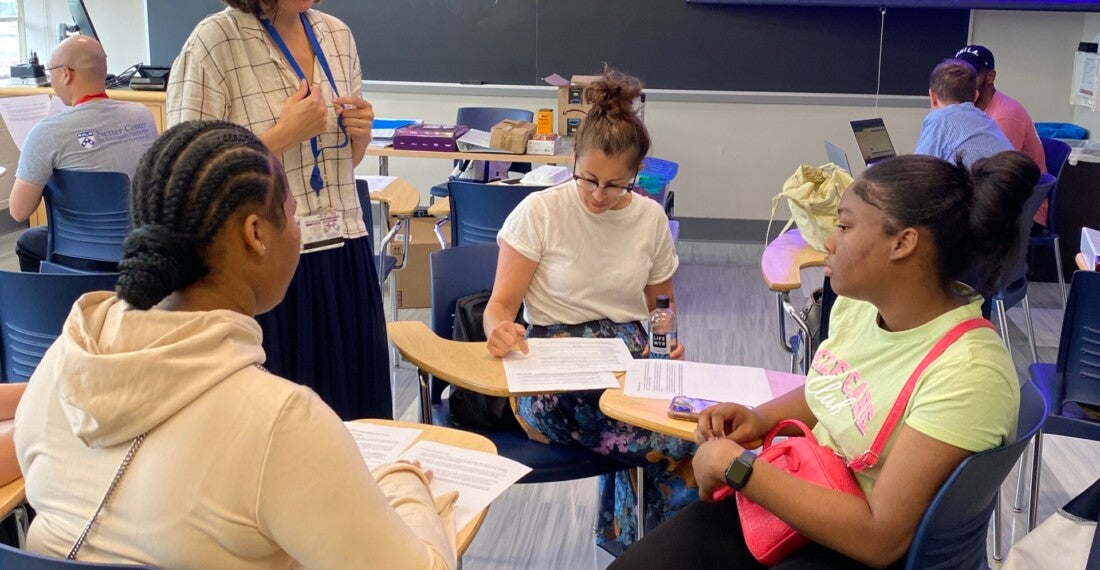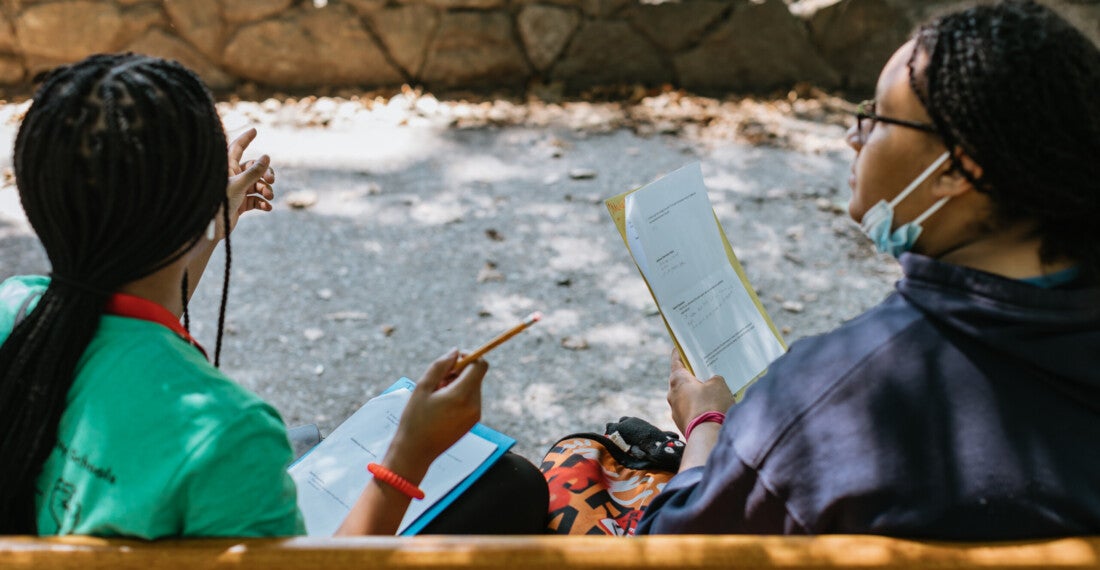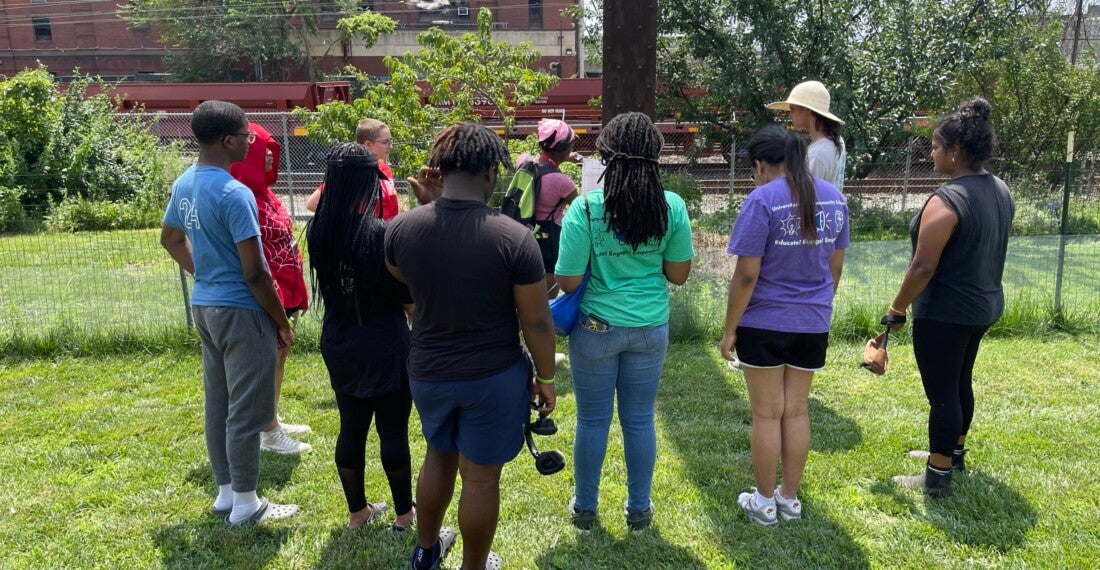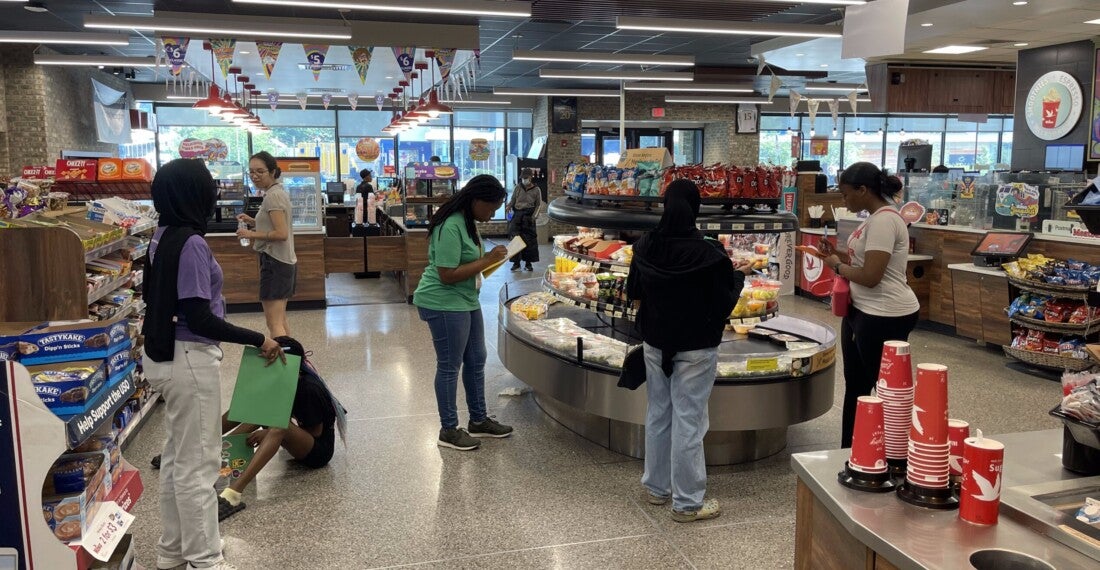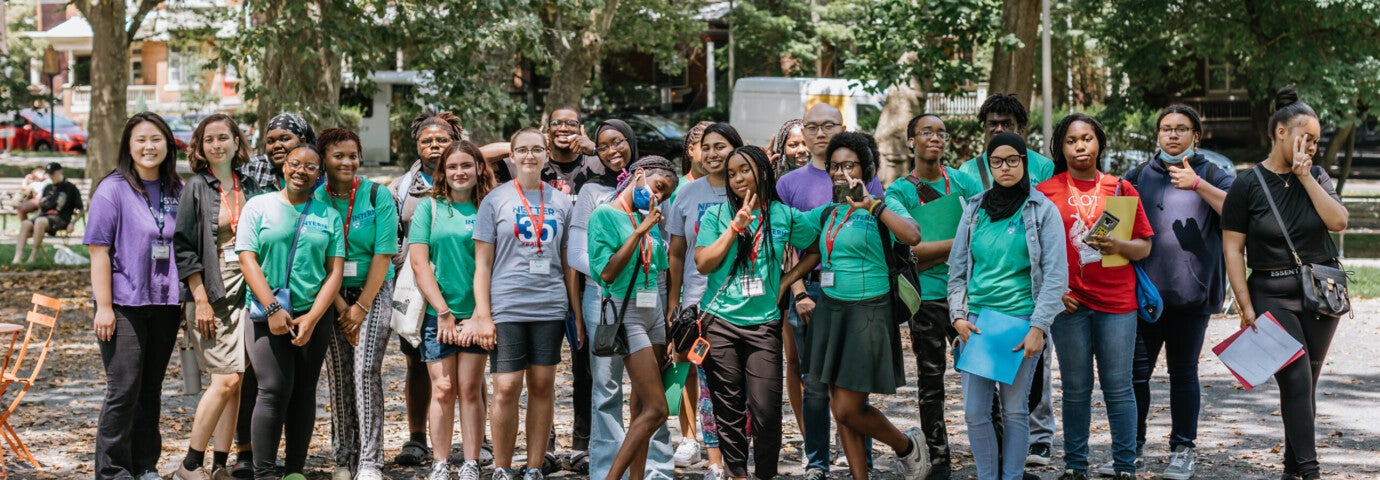
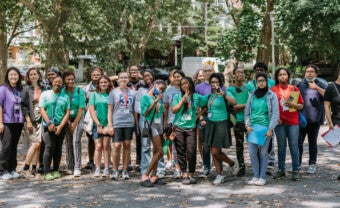
Public Health Pipeline Plus
Public Health Pipeline Plus (PHPP) is a longitudinal summer internship for high school students, facilitated by the Center for Public Health and the Netter Center for Community Partnerships.
PHPP engages Philadelphia high school students who are interested in a health-related career and introduces them to the field of public health through classroom learning and fieldwork activities.
Mission
Our mission is to empower youth in Philadelphia to realize their full potential and inspire youth to be young public health leaders through hands-on public health education, mentorship, and professional development training.
Vision
A diverse public health workforce is needed to address pressing health disparities and inequities in underserved communities.
Going into pipeline was like ‘I don’t even know what is public health’ and now I know so much about public health. I can teach others about public health and that right there says a lot about the program… now I knew so much about public health to go back and inform others.
Pipeline Plus
Summer Intern
About the program
Pipeline Plus is built around a core Youth Participatory Action Research (YPAR) Framework. During the first two weeks of the program, students meet with public health professionals and learn about different health issues that affect the local community. Speakers explain how they measure and define community-health problems, as well as the tools they use to facilitate solutions. Core community health interventions that are covered in the program draw from such focus areas as violence prevention, substance abuse treatment and prevention, environmental health, and mental health and chronic disease prevention.
Over the last four weeks of the program, the young people choose their own health problems of interest and then develop a research and action plan to investigate the problem in the community and propose solutions. Facilitators help the youth develop social science research skills to conduct original community-based research. The program culminates with a community forum where the youth share their research findings.
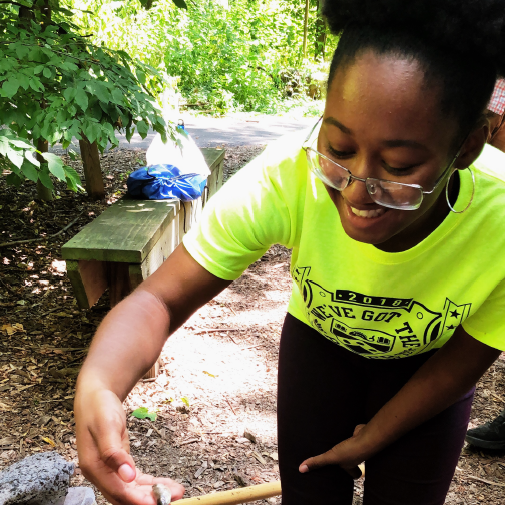
What do the interns learn?
Pipeline Plus programming provides interns with an interactive learning environment that allows engaging public health and professional development lessons to real-world public health activities.
In Summer 2025, 35 youth developed participatory action research projects in the following areas:
Immigrant students’ mental health
The impact of social media on self-esteem
Ways to mitigate extreme heat at home and at school
Consent culture amongst West Philadelphia youth
What public health activities do the interns engage in?
With the help of our many partners, here are some of the activities our interns have experienced:
Learning about urban growing and food justice at the Penn Farm
Conducting observational studies at Clark Park and Cira Green
Exploring John Heinz National Wildlife and learning about ecology
Assessing access to healthy food and medicines at local grocery stores and pharmacies
Conducting surveys and interviews with students at local schools and adults at local parks
Developing health communication campaigns and materials on consent, period product access, urban heat, and youth mental health

